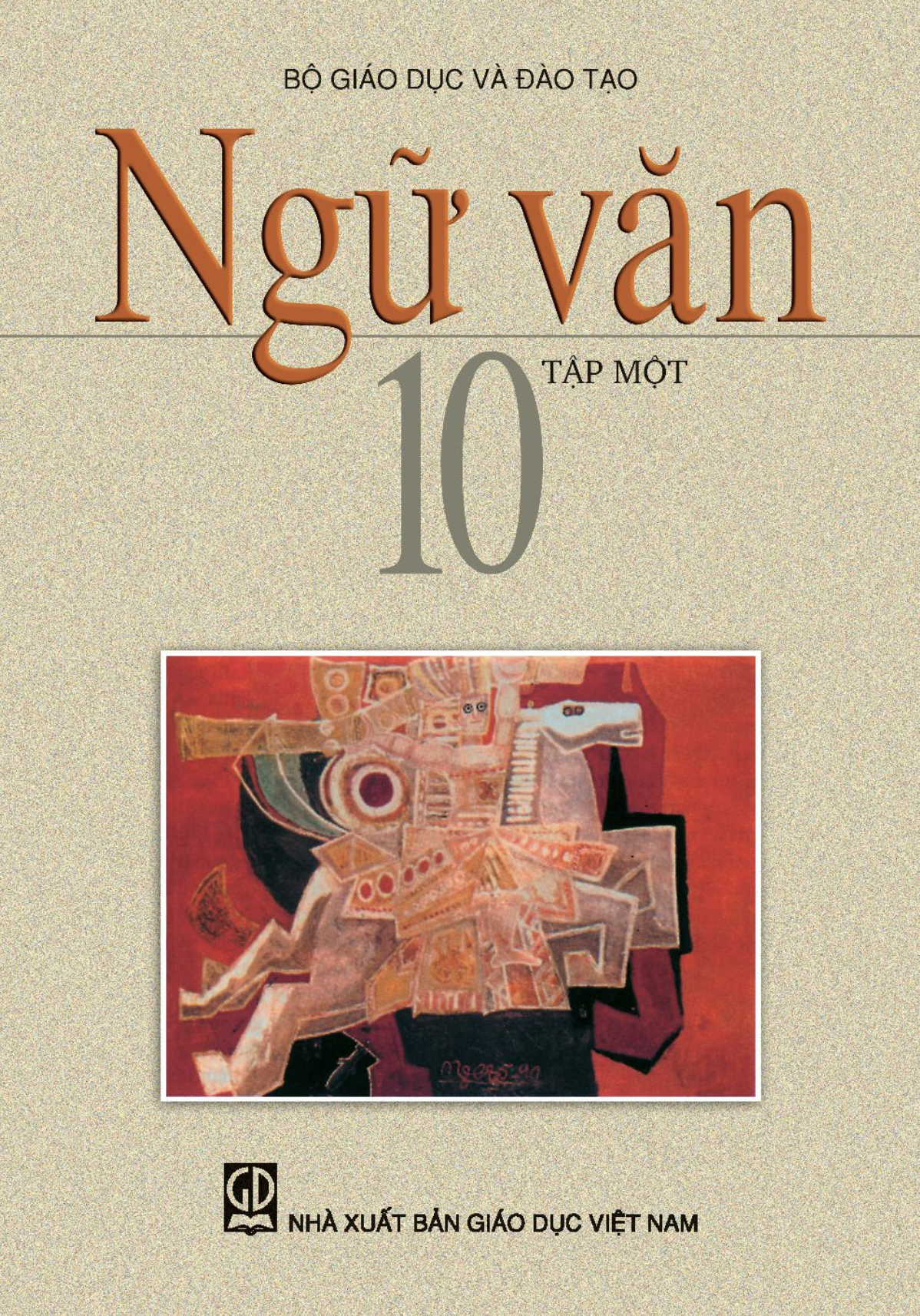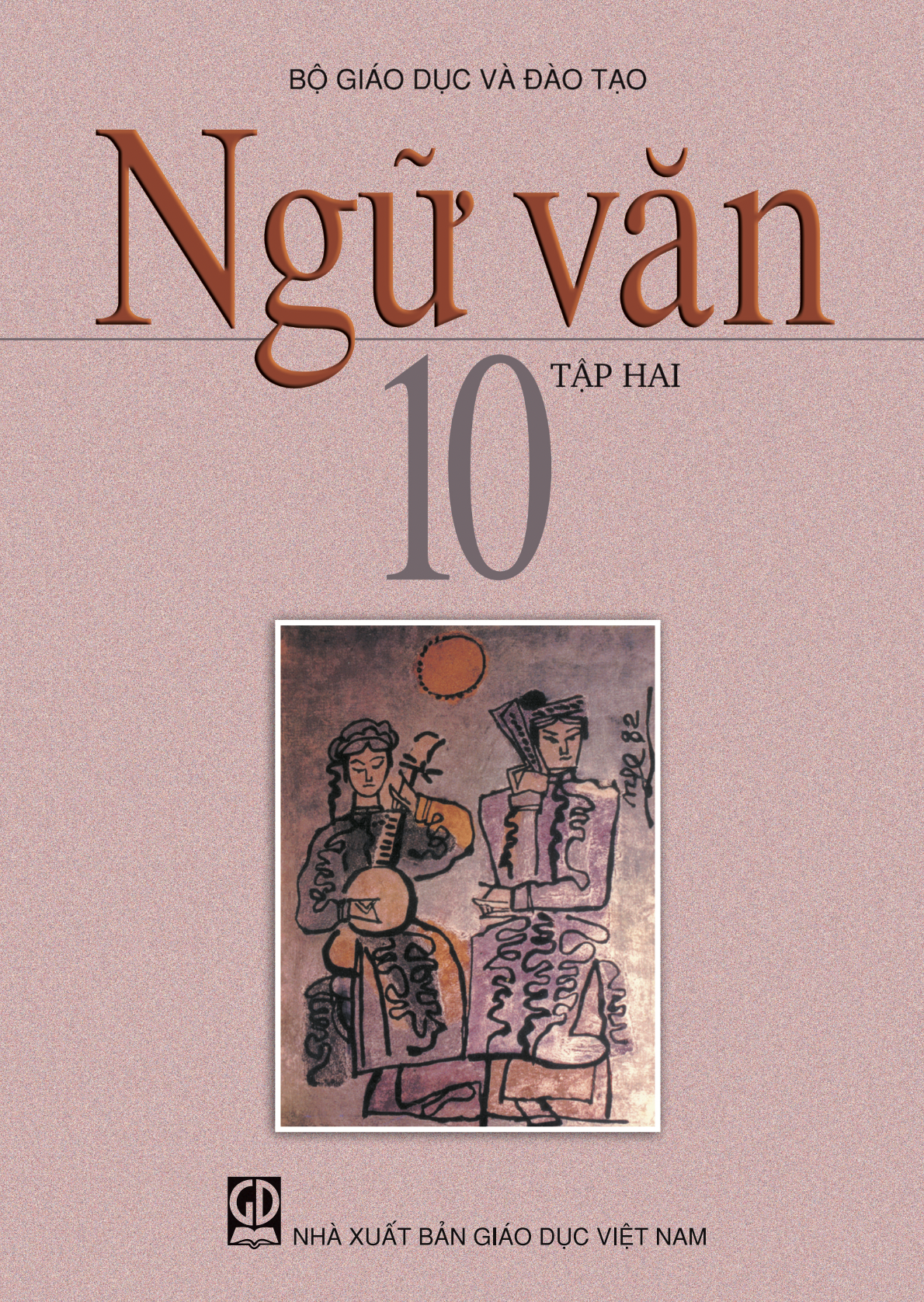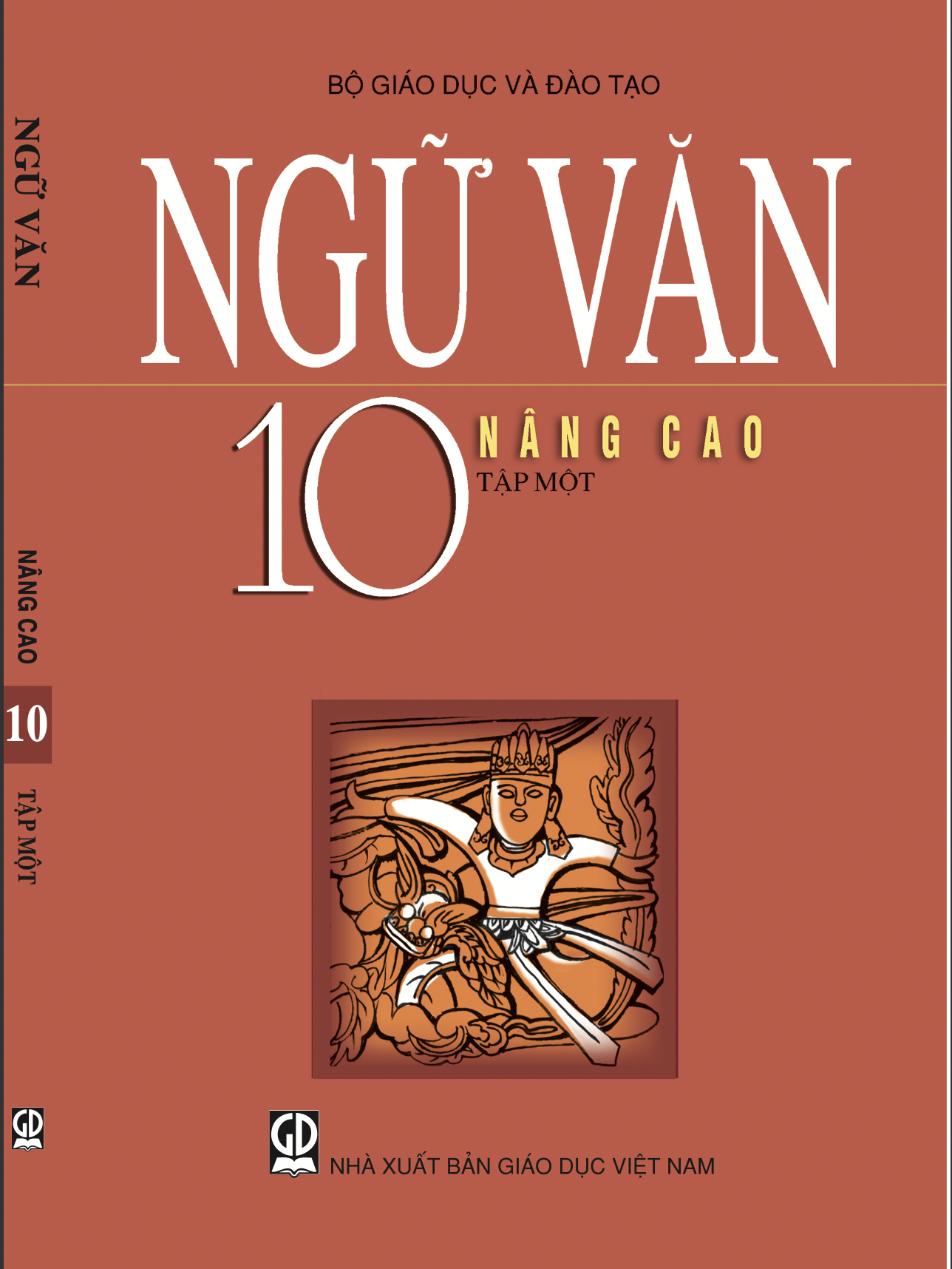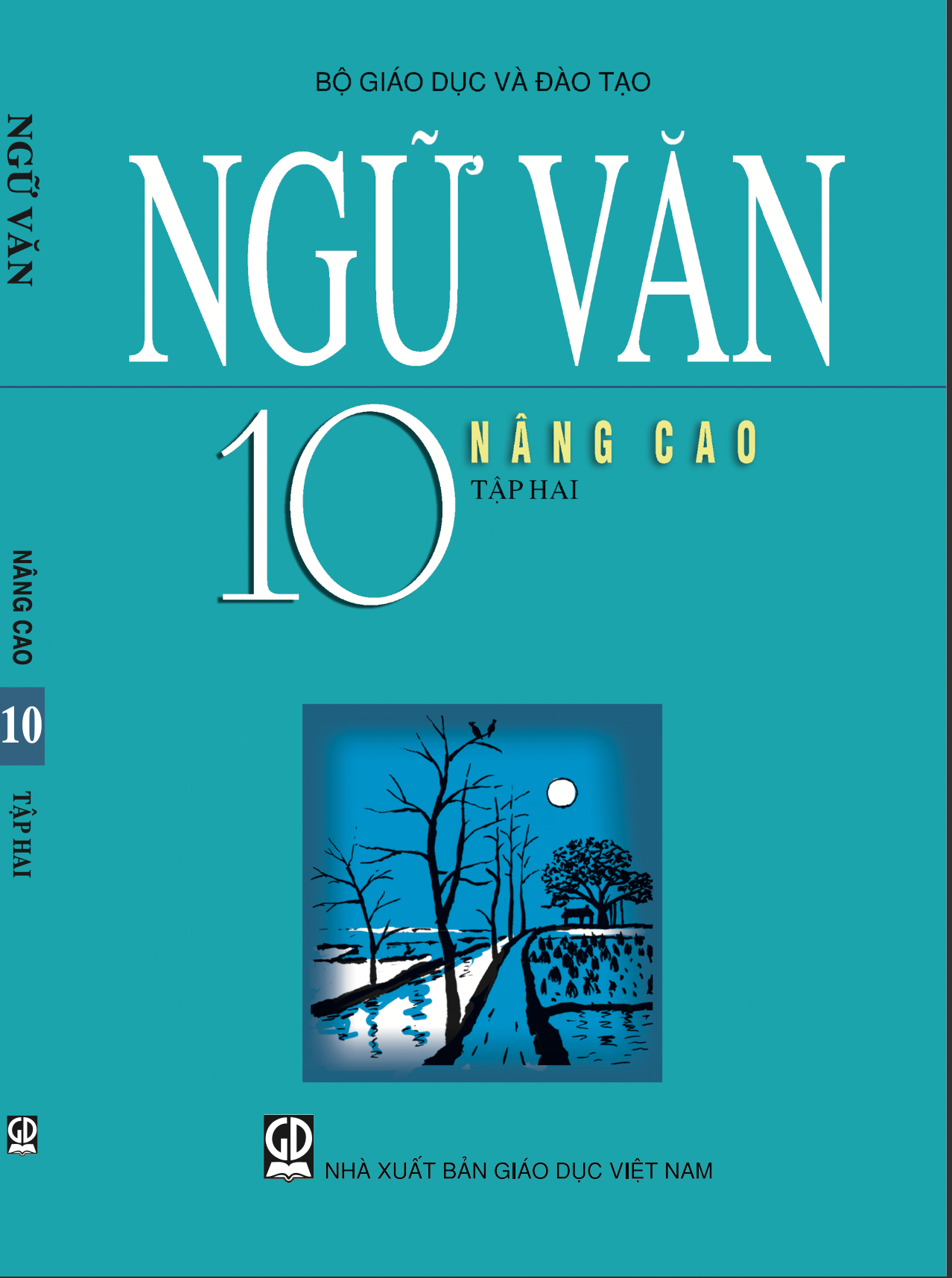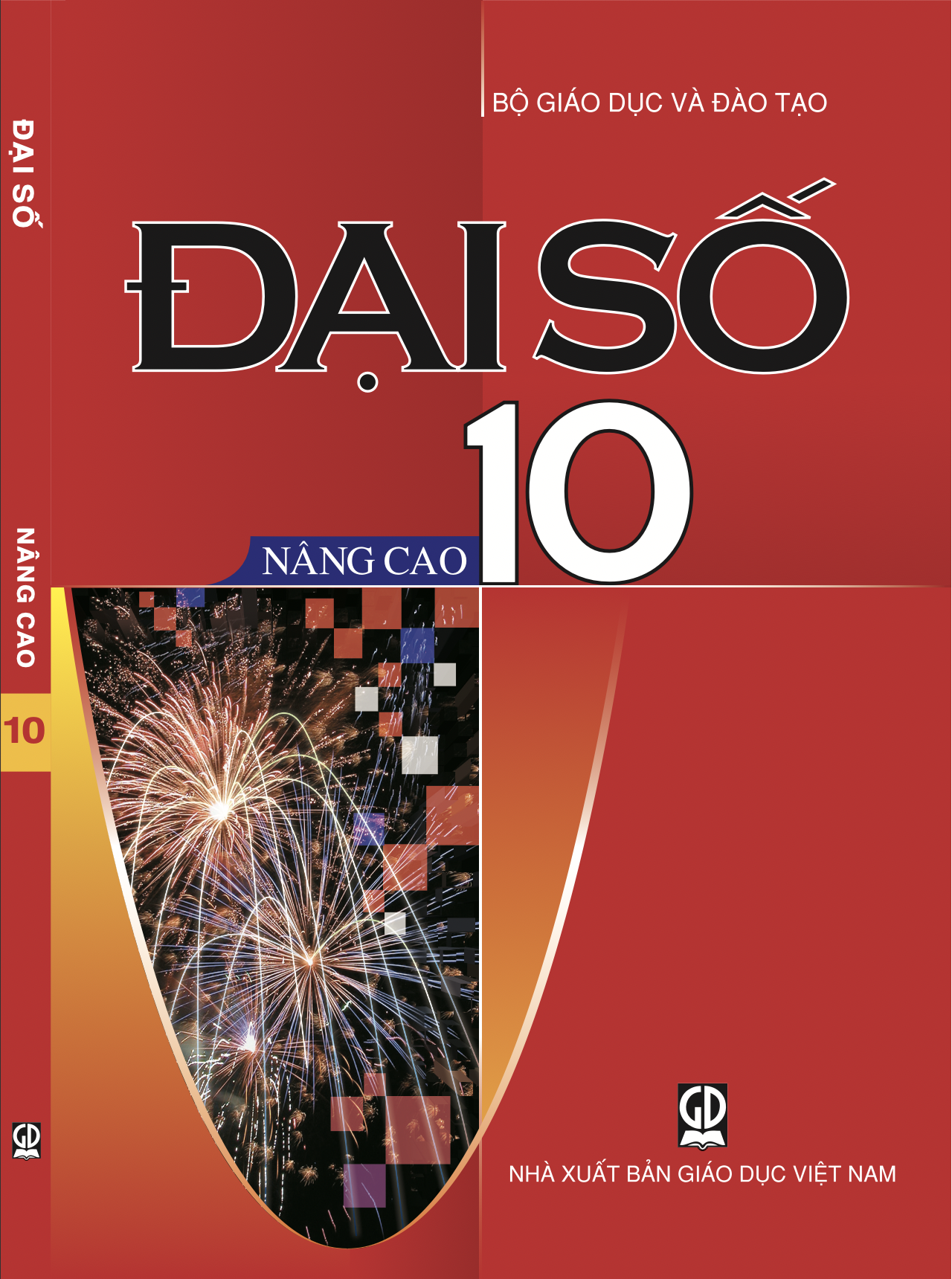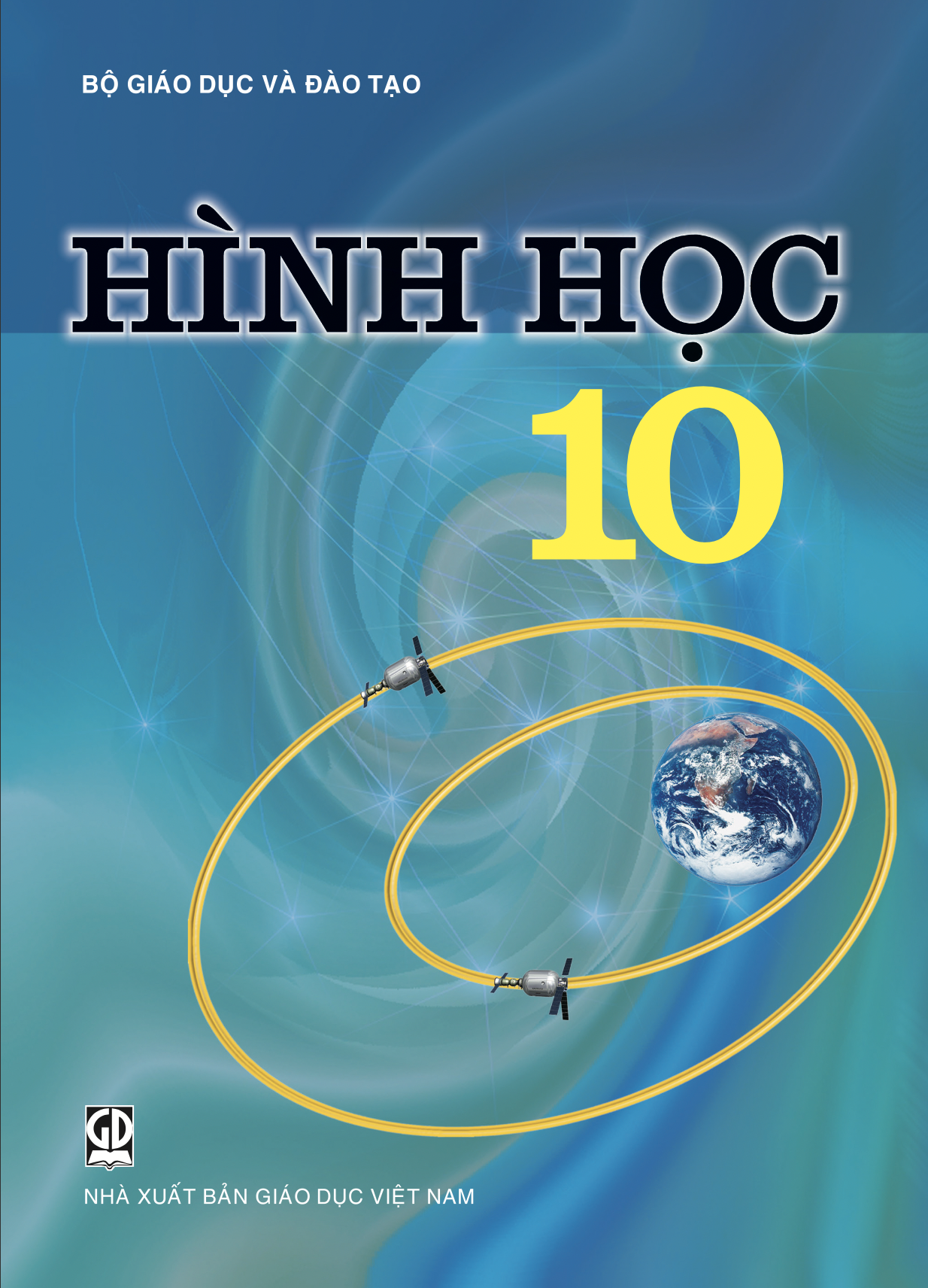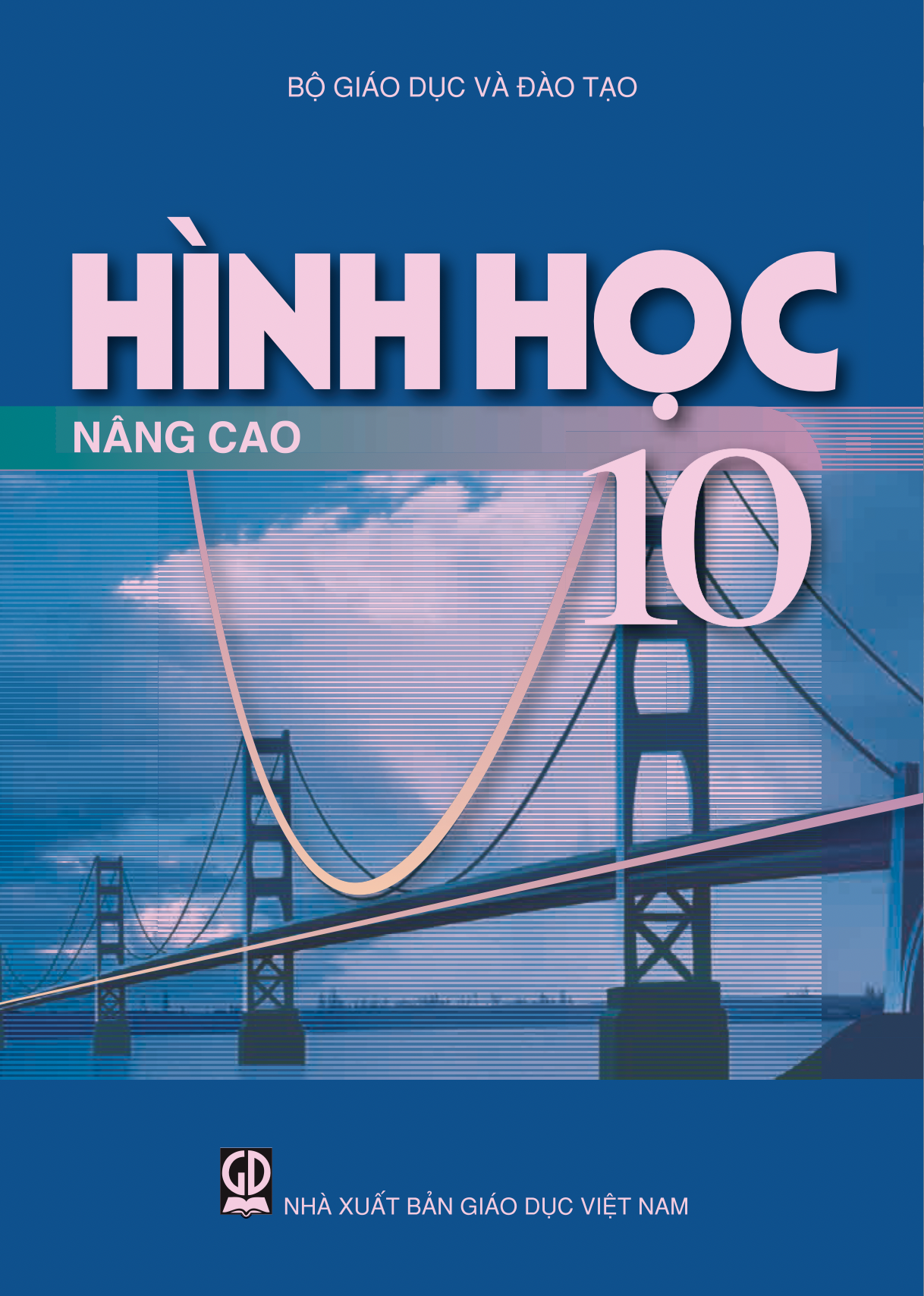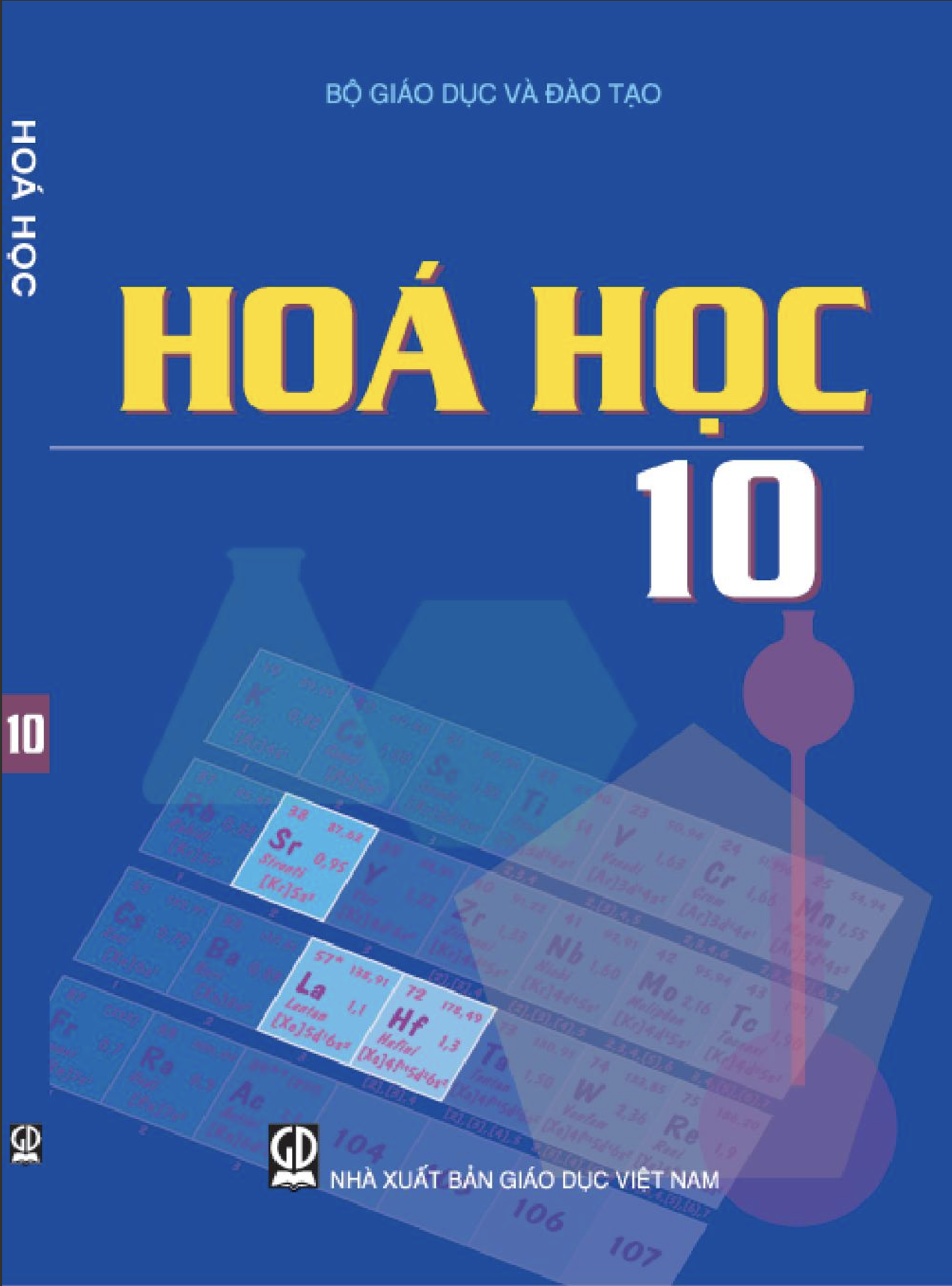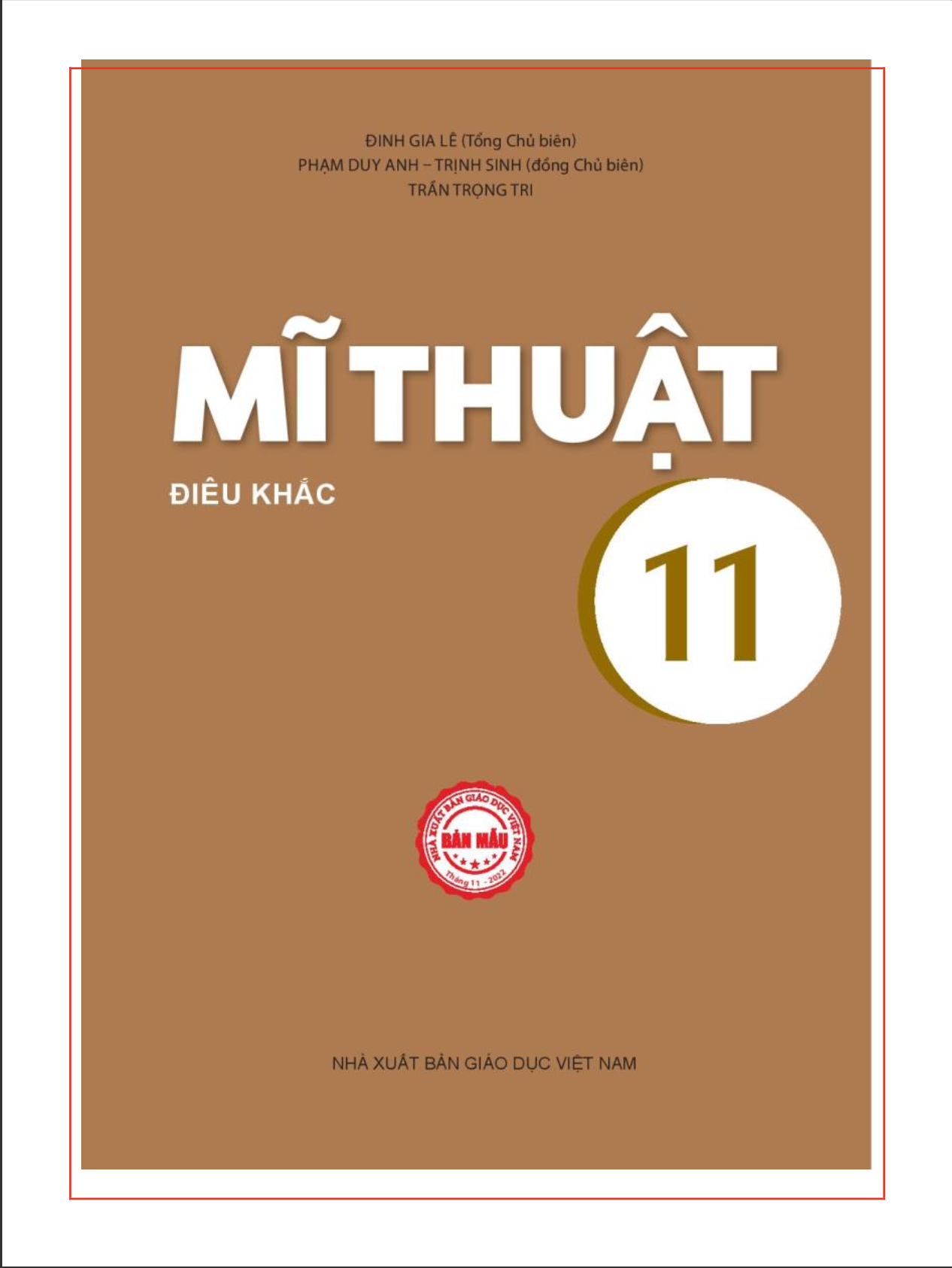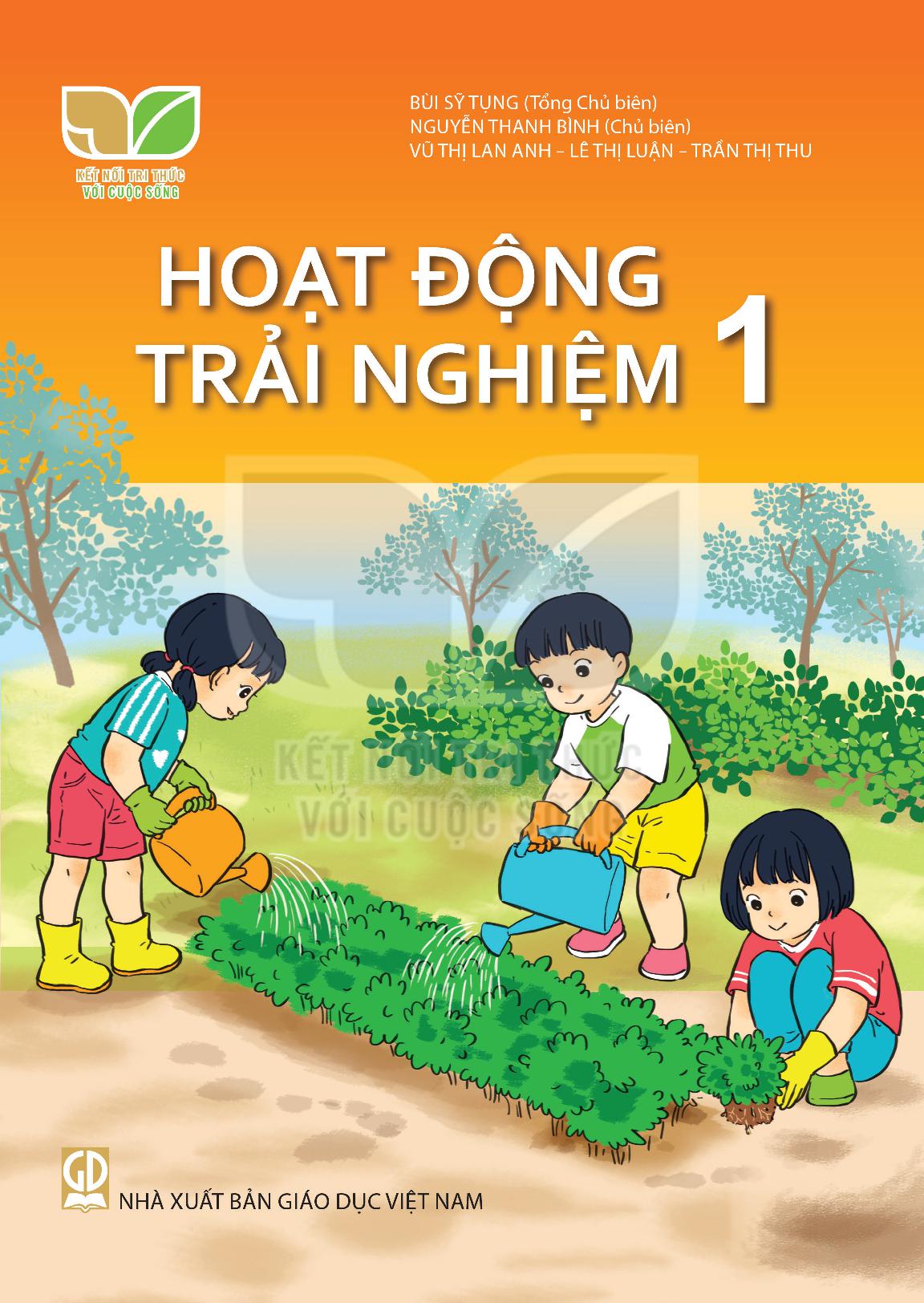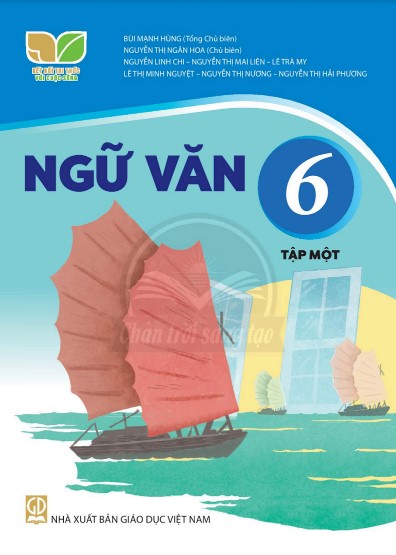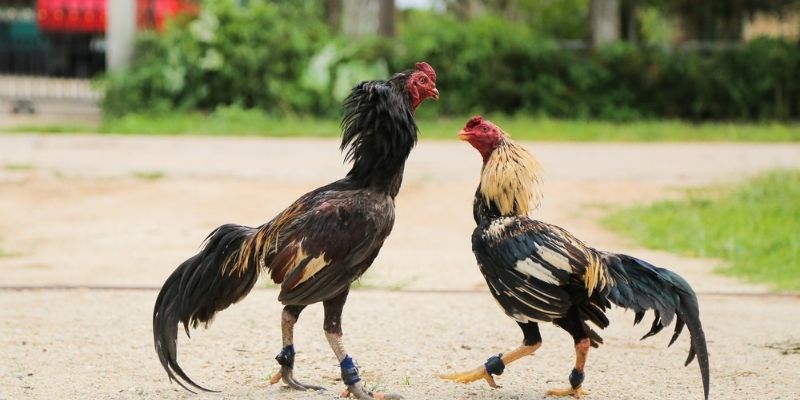(Page 53)
II. LANGUAGE
Pronunciation
Stress in three-syllable nouns
1. Listen and repeat. Pay attention to the stressed syllable in each word. 🎧

invention computer holiday century
2. Connect all the words with the stress pattern -- to cross the river. Then listen and check your answers. Practise saying these words in pairs. 🎧
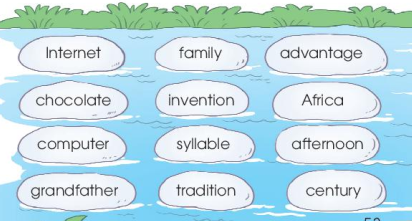
Internet family advantage
chocolate invention Africa
computer syllable afternoon
grandfather tradition century
(Page 54)
Vocabulary
Inventions
Unscramble the underlined letters in these words. Use the pictures below and the glossary (page 127) to help you.
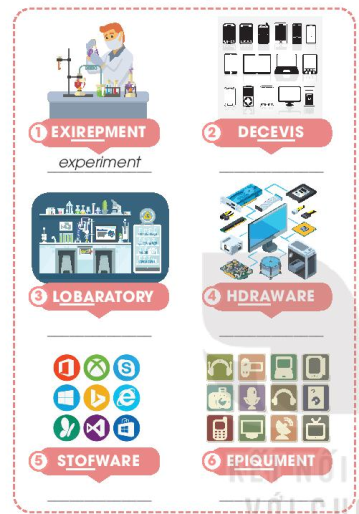
1. Exirement -> experiment
2. Decevis -> ____________
3. Lobaratory -> ____________
4. Hdraware -> ____________
5. Stofware -> ____________
6. Epiqument -> ____________
Grammar
Present perfect
💡Remember!
We use the present perfect (have/has+past participle) to talk about:
- something that happened in the past, but is still true or important now.
Example: I have lost my key. Now I can't open the door.
- something that started in the past, and is still happening now (often used with since or for).
Example: They have lived here for a year.
- something that was completed in the very recent past (often used with just or recently).
Example: He has just finished his homework.
Circle the correct answers.
1. They just found / have just found a suitable solution to the problem.
2. Since people invented / have invented the first computer, they create / have created many more interesting inventions.
3. The woman is very angry because her son lost / has lost his smartphone.
Gerunds and to-infinitives
💡Remember!
We use gerunds (verb + -ing):
- after verbs such as avoid, enjoy, and finish.
Example: I enjoy cooking.
- as subjects of sentences.
Example: Learning English is fun.
We use to-infinitives (to + verb):
- after verbs such as want, decide, and allow.
Example: My parents don't allow me to use a smartphone.
- after adjectives to give opinions, starting It's...
Example: It's fun to learn English.
- as subjects of sentences.
Example: To learn English is fun.
Note: Some verbs, such as like, love, and hate can be followed by either gerunds or to-infinitives.
Example: I like playing/to play computer games.
Complete the sentences using the gerund or the to-infinitive of the verbs in brackets. Sometimes both forms are possible.
1. Many children enjoy (use) _____modern devices nowadays.
2. I decided (study) _____ computer science at university.
3. (Play) _____ language games on a smartphone is fun.
4. It is very convenient (study) _____ with a smartphone.
